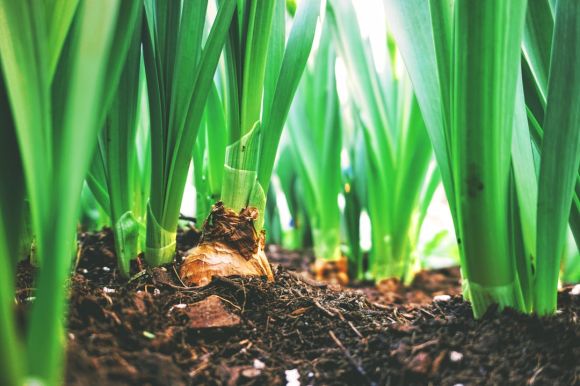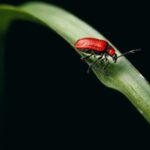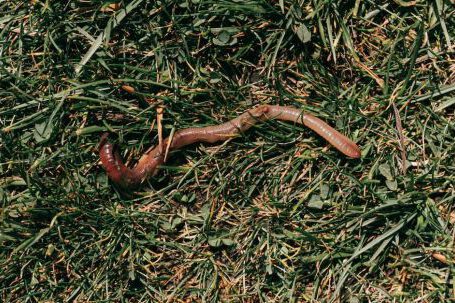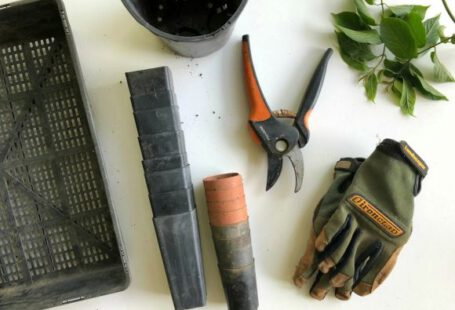Composting is a fantastic way to reduce waste and create nutrient-rich soil for your garden. However, it’s not uncommon for compost piles to develop unpleasant odors and attract unwanted pests. To ensure that your composting experience remains hassle-free, here are some effective tips on how to manage smell and pests in compost.
Maintain the Right Balance of Ingredients
One of the most common reasons for smell and pest issues in compost is an improper balance of ingredients. Compost piles need a good mix of “greens” (nitrogen-rich materials) and “browns” (carbon-rich materials) to break down properly. If your compost pile smells foul, it’s likely due to an excess of greens. To fix this, add more browns such as dry leaves, straw, or shredded paper to restore the balance.
Chop and Mix Materials
Another way to manage smell and pests in compost is by chopping and mixing the materials. Large, bulky items take longer to decompose and can create pockets of air in the pile, leading to unpleasant odors. By chopping or shredding materials into smaller pieces, you facilitate faster decomposition and reduce the chances of foul smells. Additionally, regularly turning or mixing the compost pile helps distribute moisture and oxygen evenly, which discourages pests and promotes a healthy decomposition process.
Monitor Moisture Levels
Moisture plays a crucial role in composting, and excessive or insufficient levels can lead to problems. If your compost pile is too wet, it can become anaerobic, resulting in a putrid smell. On the other hand, if it’s too dry, decomposition slows down, and the pile becomes less attractive to beneficial organisms that help control pests. Aim for a damp sponge-like consistency by watering the pile when necessary or covering it during heavy rain to prevent excessive moisture buildup.
Cover the Compost Pile
Covering your compost pile serves multiple purposes. Firstly, it helps retain moisture, preventing the pile from drying out too quickly. Secondly, it acts as a barrier against pests such as flies, rodents, and raccoons that are attracted to the smell of decomposing organic matter. Use a tarp, old carpet, or a layer of straw to cover the pile, ensuring that it’s secure and allows for proper airflow.
Avoid Adding Certain Materials
Some materials are best kept out of compost piles to avoid smell and pest issues. Avoid adding meat, dairy products, and oily or greasy food waste, as they can attract pests and produce strong odors. Additionally, avoid adding pet waste, as it may contain harmful bacteria or parasites. Stick to plant-based materials, fruit and vegetable scraps, coffee grounds, and eggshells for a healthy and odor-free compost pile.
Troubleshooting Smelly Compost
If you’ve followed all the tips above and your compost pile still has an unpleasant odor, it’s time to troubleshoot further. Smells like ammonia or rotten eggs indicate an imbalance in the compost pile, most likely due to excessive nitrogen. Add more carbon-rich materials to bring it back into balance. If the smell persists, it might be beneficial to start a new compost pile and allow the problematic one to finish decomposing separately.
In conclusion, managing smell and pests in compost is essential for a successful composting experience. By maintaining the right balance of ingredients, chopping and mixing materials, monitoring moisture levels, covering the pile, and avoiding certain materials, you can create a healthy and odor-free compost pile. Remember, troubleshooting is key, and if all else fails, starting anew is always an option. Happy composting!





